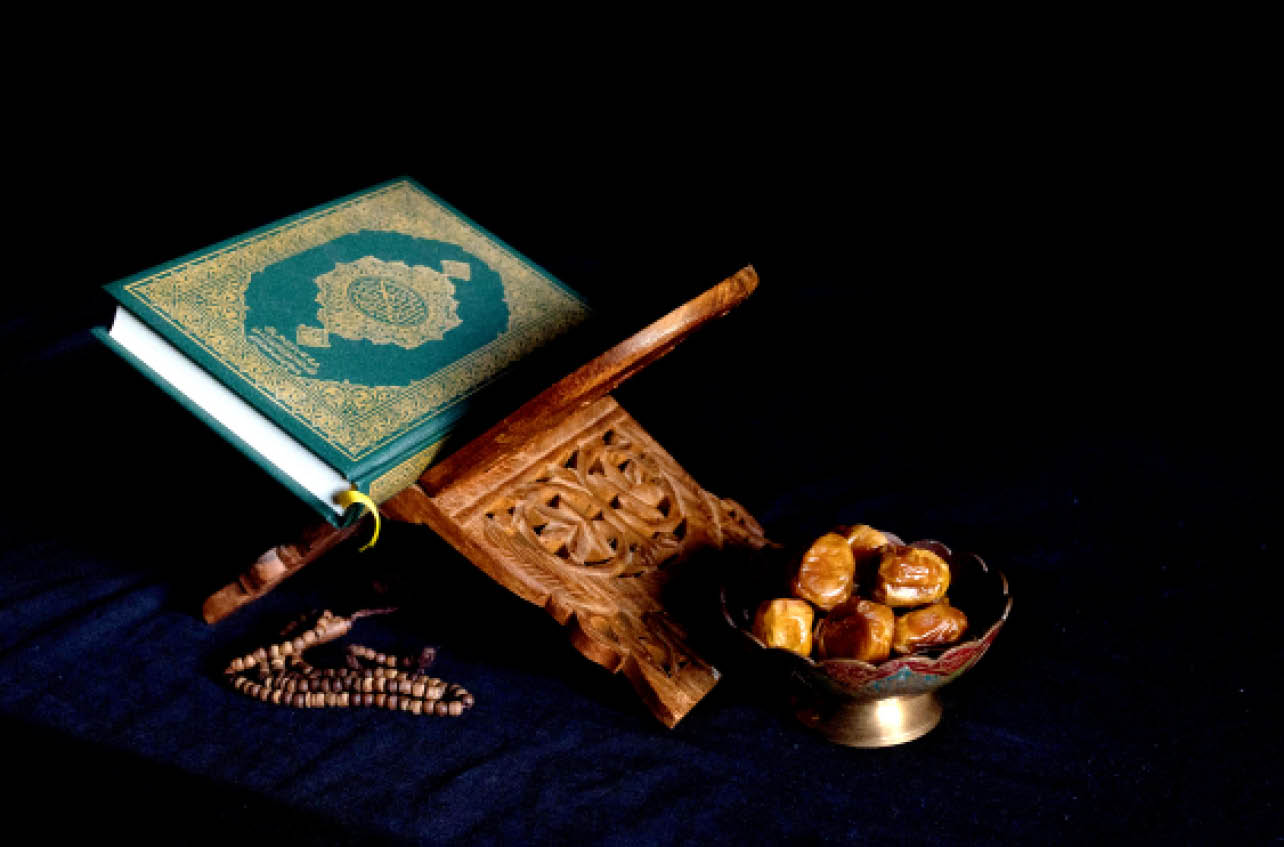Between Ramadan and Sallah is a nostalgic joy. As we ecstatically look forward to celebrating Sallah, on the other half of our mind is the deep thought about the virtuous moments to be missed from Ramadan. With all the complaints by some of us about heat, exhaustion, long hours of power outage, and inflation in the first trimester of Ramadan, many of us are already missing Ramadan at this tail end of the month. In spite of the complaints, which is naturally with man, some would wish Ramadan were longer than 30 days. The fact that we do not know if this is our last Ramadan justifies the nostalgia in the last days or hours of Ramadan is justified. Allahu Akbar!
As we prepare celebrate Eidul Fitr, it is important we talk about activities that come up at the close of Ramadan fast including the giving out of Zakatul-Fitr. Anas bn Malik (RA) reports that the Prophet (SAW) said: “The Ramadan fast of believing servants of Allah (SWT) would hang between the heavens and the earth until the Zakatul-Fitr is paid. When it is given out, Allah (SWT) would give it two wings to fly to the seventh sky where it would remain until the owner comes for it”. Zakatul-Fitr is a Sunnah that is compulsory on every Muslim, big and small, male and female, free-born as well as slave.
- We ‘ll miss Alaafin’s intellectual capacity – Osinbajo
- Intellect comes before money in movie production – Bimbo Manuel
The Zakatul-Fitr of every Muslim is to be given out by the person responsible for his/her sustenance and upkeep. A man would give the Zakatul-Fitr of his wives, children, and every other person under his care. Where a woman is responsible for her own sustenance and upkeep, she will give out the Zakatul-Fitr for herself and that of her dependents (if she has any). The Zakatul-Fitr of dependents can be given out by the sustenance provider even where the former (such as children in boarding schools) reside far away in different towns or cities. Zakatul-Fitr is to be given out of the staple food item in one’s community. It could be rice, maize, millet, wheat, or similar grains or cereals. It could also be beans or groundnut where such is the staple food of the people.
The quantity to be given out as Zakatul-Fitr per head is four measures of the food item (in grains or cereals) using the Sa’a (cubic measure) of the Prophet (SAW). Although the Sa’a is today available in nearly all parts of the Muslim world, the two palms of a man put together and filled with grains or cereals would be equivalent to a full measure of the Prophetic Sa’a (cubic measure) where the latter is not practically available. It is Sunnah of the Prophet (SAW) to give out Zakatul-Fitr before going for the Eid prayers after daybreak of the day of Eidul-Fitr. It could be earlier by a day or two.
Malik (RA) relates that the people of knowledge used to pay the Zakatul-Fitr after dawn had broken on the day of the Eidul-Fitr before they went out for the Eid prayer. However, there’s no harm if it is paid a day or even two days before the day of Eidul-fitr. It is reported that Abdullahi bn Umar (RA) used to give out the Zakatul-Fitr two or three days before the day of Eidul-Fitr. If a Muslim were unable to pay the Zakatul-Fitr before leaving his house for the Eid prayer due to indigence, it would still be paid when resources for paying it are available. Zakatul-Fitr has no waiver or substitute. It is obligatory on all Muslims.
Apart from paying the Zakatul-Fitr before going for the Eid prayers, every Muslim is enjoined to break his fast in the morning of the Eid day. The sighting of the crescent of Shawwal (tenth month of the Islamic lunar calendar) marks the end of Ramadan. Therefore, it is expected that every Muslim who fasted during Ramadan should break the fast by eating or drinking in the morning before leaving the house or the mosque (in respect of those who observed I’tikaf) for the Eid praying ground. Refusing to eat or drink after daybreak on the Eidul-Fitr day does not make one more pious than others.
Refusing to eat before going for the Eid prayer rather contradicts the provisions of Shari’ah. Doing so only seeks to extend Ramadan fast beyond its month and against Allah’s will. Receiving the news that confirms the sighting of the Shawwal crescent through genuine and reliable sources brings Ramadan fast to an end. Nevertheless, the end of Ramadan fast should not be an end to all the good deeds by which we stood in the last one month. Let us resolve to continue with all the virtuous deeds we performed during Ramadan. Let us also vow to continue to eschew all unrighteous acts we avoided during Ramadan. Resuming our old sinful life only makes us hypocrites.
Our inability to wear new clothes on the occasion of the Eid (Sallah) should not be a source of disappointment. Let us resist every attempt by the devil to ruin the joyful mood of Eidul-Fitr. Having been able to observe the Ramadan fast and alive to celebrate the Eid is enough favour that should make us wear smiles on our faces. No matter how bad the difficult times in the country make us feel, we still have every reason to give gratitude to Allah. Some people’s situations are worse than ours. Let’s be grateful that we are not celebrating Sallah in an IDP camp or in the hands of kidnappers.
We encourage believers, after they might have taken some rest from the sleepless nights they spent in devotion especially during the last lap of the Ramadan, to observe six days of voluntary fast (otherwise called Sittu Shawwal). The recommended six days of fasting in Shawwal is not compulsory but Sunnah of the Prophet (SAW). It can be observed consecutively or intermittently, as may be convenient for an individual. Imam Muslim (RA) reports on the authority of Abu Ayyub that the Prophet (SAW) said “…whoever follows Ramadan (fast) with six days of (of fasting) in Shawwal would be as if he had fasted a whole life time”. May Allah (SWT) accept our Ramadan fast and all the acts of worship we put forth in this holy month of Ramadan, amin. Happy Eidul-Fitr in advance!

 Join Daily Trust WhatsApp Community For Quick Access To News and Happenings Around You.
Join Daily Trust WhatsApp Community For Quick Access To News and Happenings Around You.


